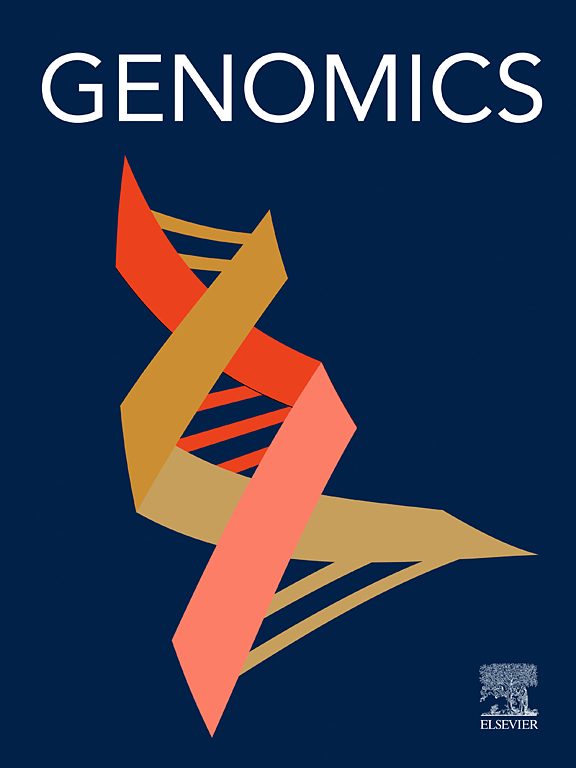通过对 Solanum tuberosum 进行全基因组关联研究,确定与热胁迫相关的基因组区域。
IF 3.4
2区 生物学
Q2 BIOTECHNOLOGY & APPLIED MICROBIOLOGY
引用次数: 0
摘要
气候危机损害了马铃薯等重要作物的产量和质量。我们研究了热胁迫对玻璃温室条件下 178 个马铃薯栽培品种的五个形态生理参数的影响。总体而言,热胁迫增加了芽的伸长率和绿色鲜重,但降低了块茎产量、淀粉含量和收获指数。利用甲基化敏感的限制性酶,通过基因分型测序方法从 258 个四倍体和 3 个二倍体栽培品种中获得了基因组信息。这使得基因富集区的序列更加丰富。利用遗传距离和分层聚类进行的种群结构分析表明,栽培品种的亲缘关系很强,但总体种群结构较弱。我们利用经过严格筛选的 20 K 个 SNPs 子集进行了全基因组关联研究(GWAS),以确定与耐热性相关的数量性状位点(QTL)。我们确定了 67 个 QTL,并建立了单倍块边界以缩小候选基因的数量。此外,GO 富集分析还提供了对基因功能的深入了解。为了评估所收集数据在选育材料中的可用性,研究人员进行了遗传性和基因组预测。检测到的 QTL 可用于标记辅助选择,以培育抗热性马铃薯栽培品种。本文章由计算机程序翻译,如有差异,请以英文原文为准。
Identification of heat stress-related genomic regions by genome-wide association study in Solanum tuberosum
The climate crisis impairs yield and quality of crucial crops like potatoes. We investigated the effects of heat stress on five morpho-physiological parameters in a diverse panel of 178 potato cultivars under glasshouse conditions. Overall, heat stress increased shoot elongation and green fresh weight, but reduced tuber yield, starch content and harvest index. Genomic information was obtained from 258 tetraploid and three diploid cultivars by a genotyping-by-sequencing approach using methylation-sensitive restriction enzymes. This resulted in an enrichment of sequences in gene-rich regions. Population structure analyses using genetic distances and hierarchical clustering revealed strong kinship but weak overall population structure cultivars. A genome-wide association study (GWAS) was conducted with a subset of 20 K stringently filtered SNPs to identify quantitative trait loci (QTL) linked to heat tolerance. We identified 67 QTL and established haploblock boundaries to narrow down the number of candidate genes. Additionally, GO-enrichment analyses provided insights into gene functions. Heritability and genomic prediction were conducted to assess the usability of the collected data for selecting breeding material. The detected QTL might be exploited in marker-assisted selection to develop heat-resilient potato cultivars.
求助全文
通过发布文献求助,成功后即可免费获取论文全文。
去求助
来源期刊

Genomics
生物-生物工程与应用微生物
CiteScore
9.60
自引率
2.30%
发文量
260
审稿时长
60 days
期刊介绍:
Genomics is a forum for describing the development of genome-scale technologies and their application to all areas of biological investigation.
As a journal that has evolved with the field that carries its name, Genomics focuses on the development and application of cutting-edge methods, addressing fundamental questions with potential interest to a wide audience. Our aim is to publish the highest quality research and to provide authors with rapid, fair and accurate review and publication of manuscripts falling within our scope.
 求助内容:
求助内容: 应助结果提醒方式:
应助结果提醒方式:


